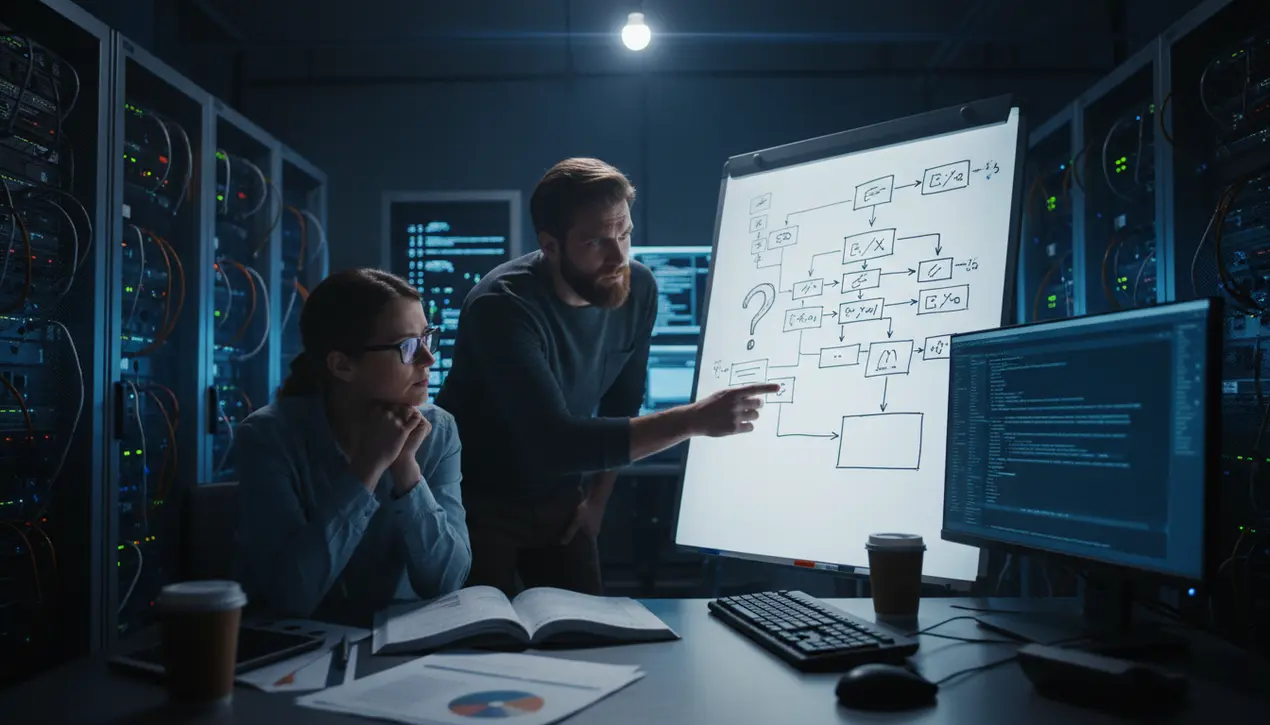
AIai safety & ethicsResponsible AI
Researchers question Anthropic claim that AI-assisted attack was 90% autonomous
DA
Daniel Reed
2 hours ago7 min read2 comments
The recent assertion by Anthropic that its AI model could execute a sophisticated cyberattack with 90% autonomy is facing significant skepticism from the broader research community, a development that cuts to the heart of the ongoing debate between AI hype and tangible capability. As someone who pores over academic papers and technical benchmarks daily, this claim feels like a familiar pattern: a dramatic announcement that, upon closer inspection by independent experts, reveals a far more nuanced and less revolutionary reality.The core issue isn't whether AI can assist in hacking—it demonstrably can, by automating tasks like code vulnerability scanning or generating phishing emails—but whether it can operate with the strategic, context-aware independence that the term 'autonomous' implies. In the intricate dance of a real-world cyber operation, the most challenging aspects involve understanding novel, undocumented systems, navigating unpredictable human countermeasures, and making ethical or strategic judgments in real-time; these are domains where even the most advanced large language models still falter, often requiring human oversight to correct logical missteps or interpret ambiguous results.This isn't to diminish the genuine threat; AI-assisted tools are lowering the barrier to entry for less-skilled attackers, automating the tedious reconnaissance phases, and accelerating the pace at which exploits can be developed. However, equating this powerful assistance with near-total autonomy is a rhetorical leap that risks distorting the public and regulatory understanding of the actual risks.We've seen this before in the AI lifecycle, from the early days of expert systems to the current generative AI boom, where initial demonstrations in controlled environments are often misinterpreted as robust, general-purpose capabilities. The danger here is twofold: first, it could lead to a misplaced arms race, with organizations investing in defenses against a fully autonomous threat that doesn't yet exist, while underestimating the more immediate danger of human-AI collaborative attacks.Second, it risks triggering premature and overly broad regulatory responses that might stifle beneficial AI research in security, such as AI-powered penetration testing tools that help defenders find and patch weaknesses before malicious actors can exploit them. The path forward requires a rigorous, peer-reviewed evaluation framework for such claims, moving beyond proprietary benchmarks to standardized tests that can objectively measure the level of autonomy and the specific contexts in which it fails. The real story isn't about a single company's potentially inflated marketing; it's about our collective need for intellectual honesty and methodological rigor as we navigate the profoundly complex and consequential integration of artificial intelligence into the fabric of global security.
#Anthropic
#AI safety
#autonomous hacking
#cybersecurity
#AI ethics
#featured
Stay Informed. Act Smarter.
Get weekly highlights, major headlines, and expert insights — then put your knowledge to work in our live prediction markets.
Comments
Loading comments...
© 2025 Outpoll Service LTD. All rights reserved.